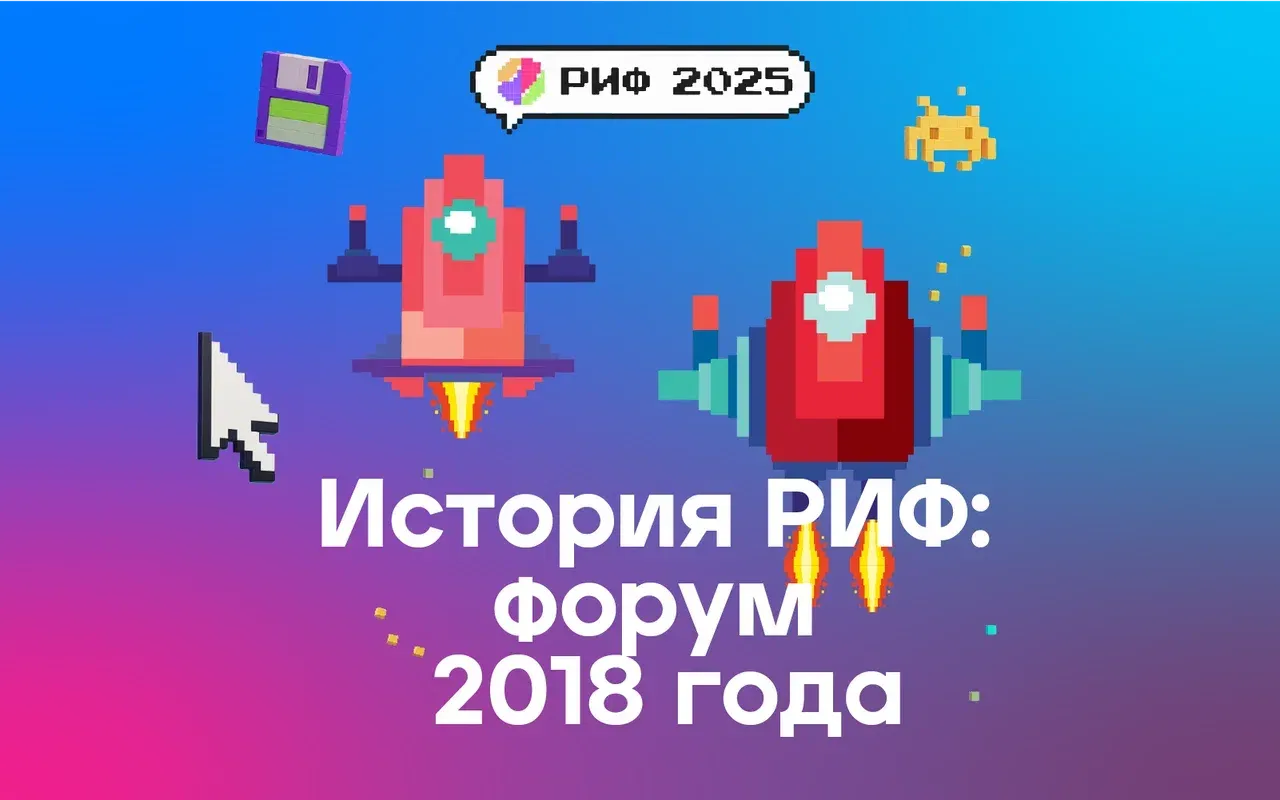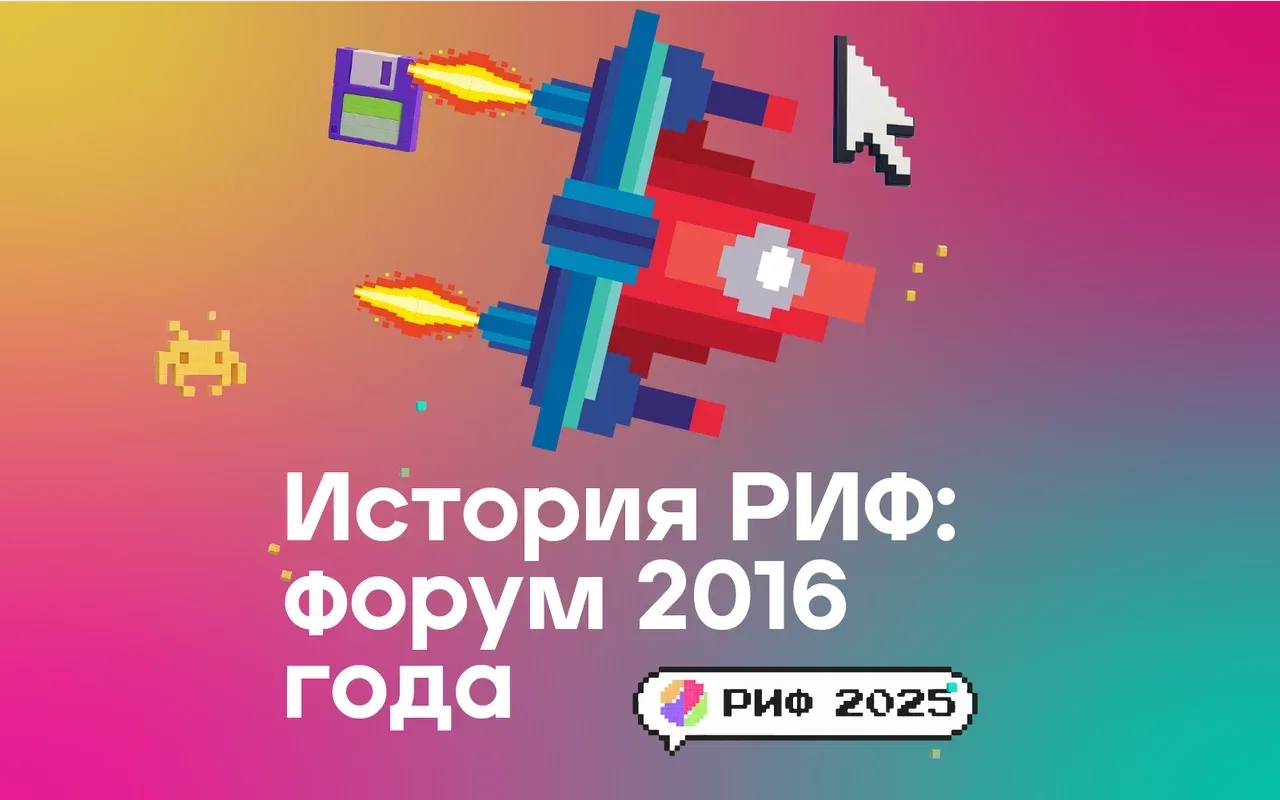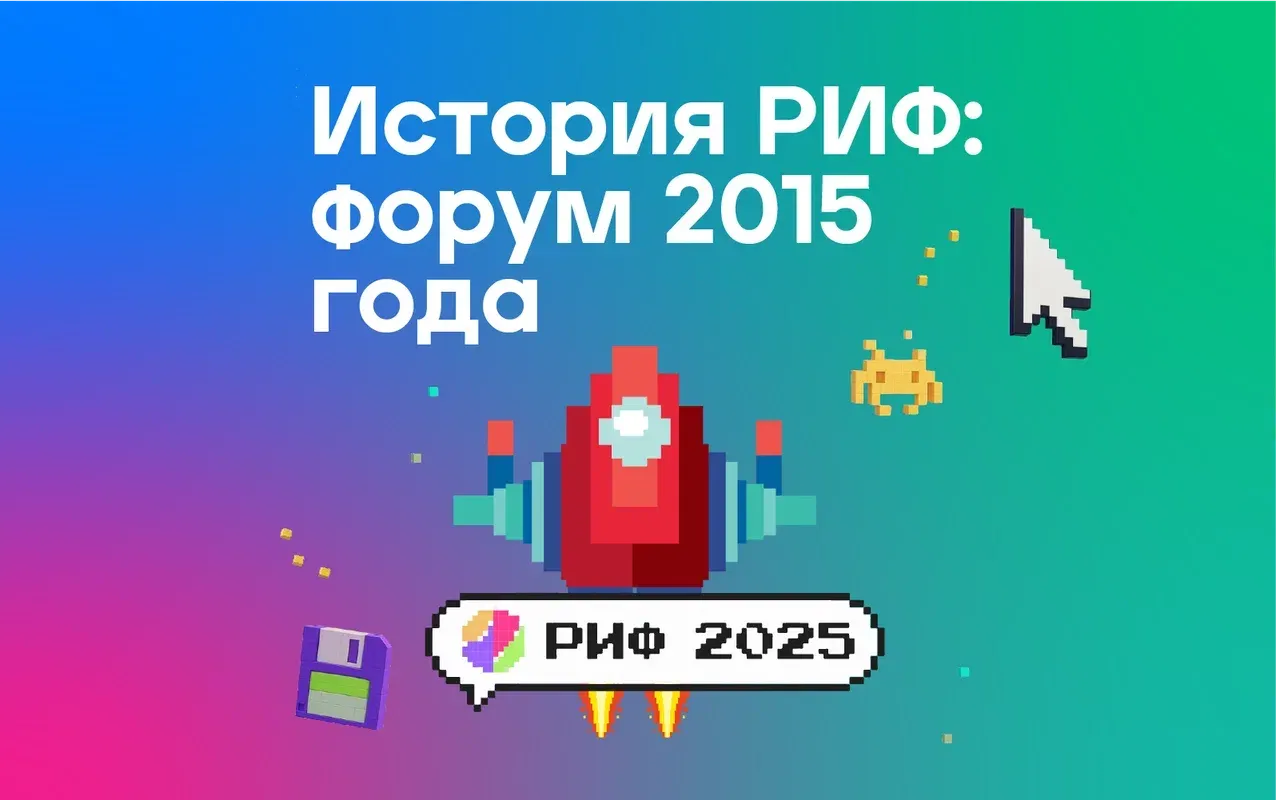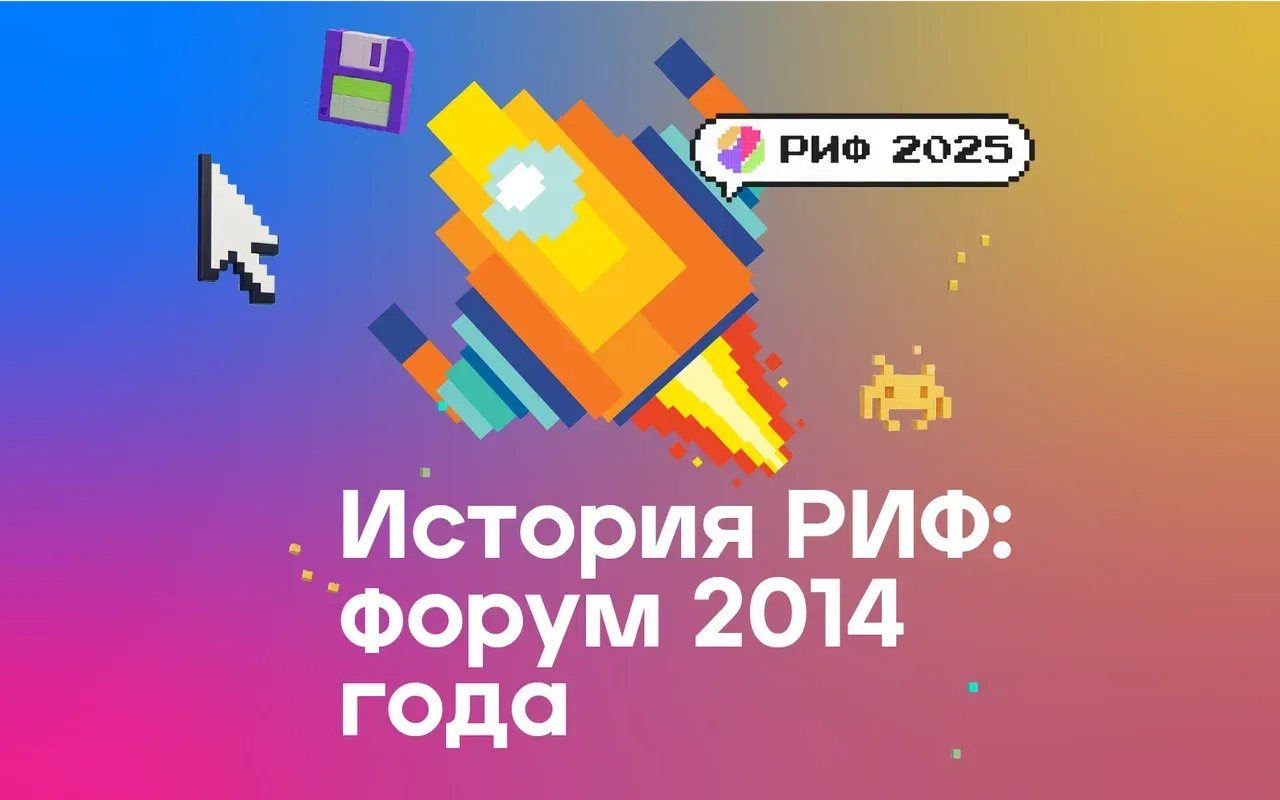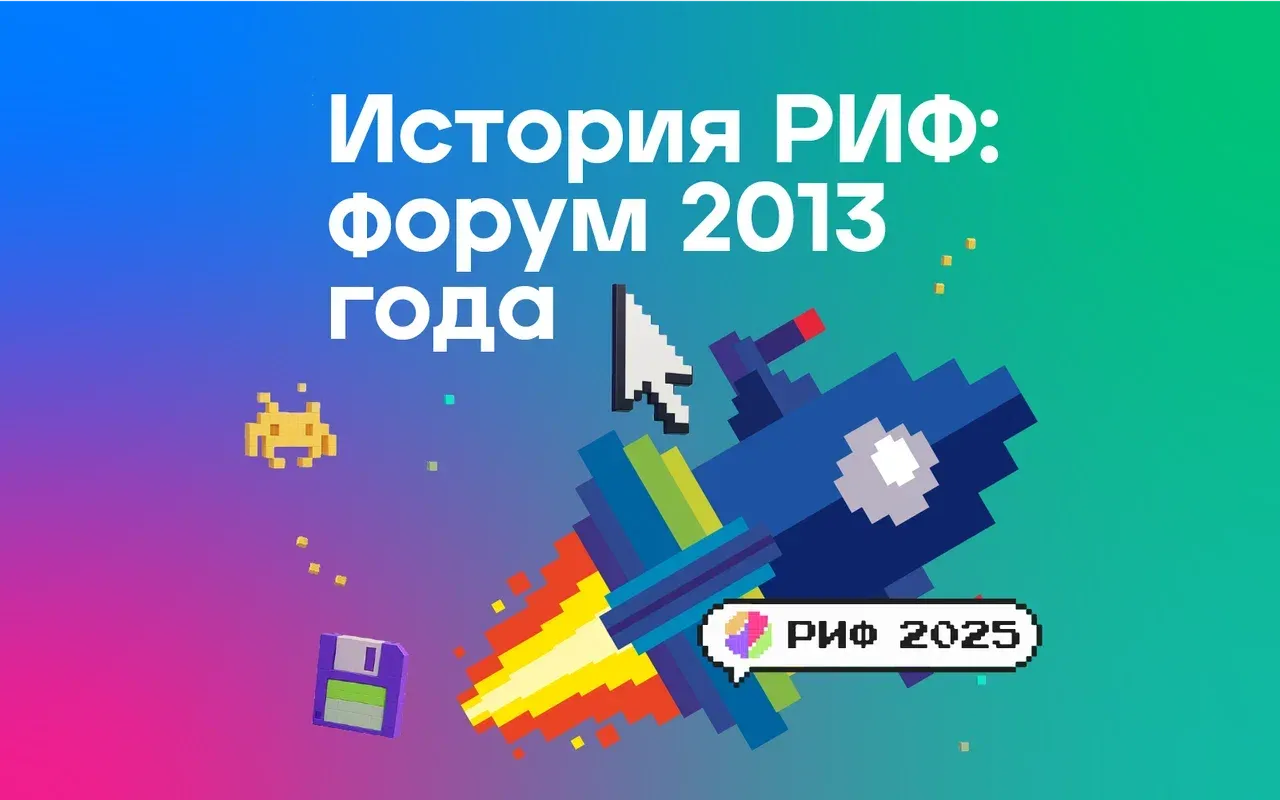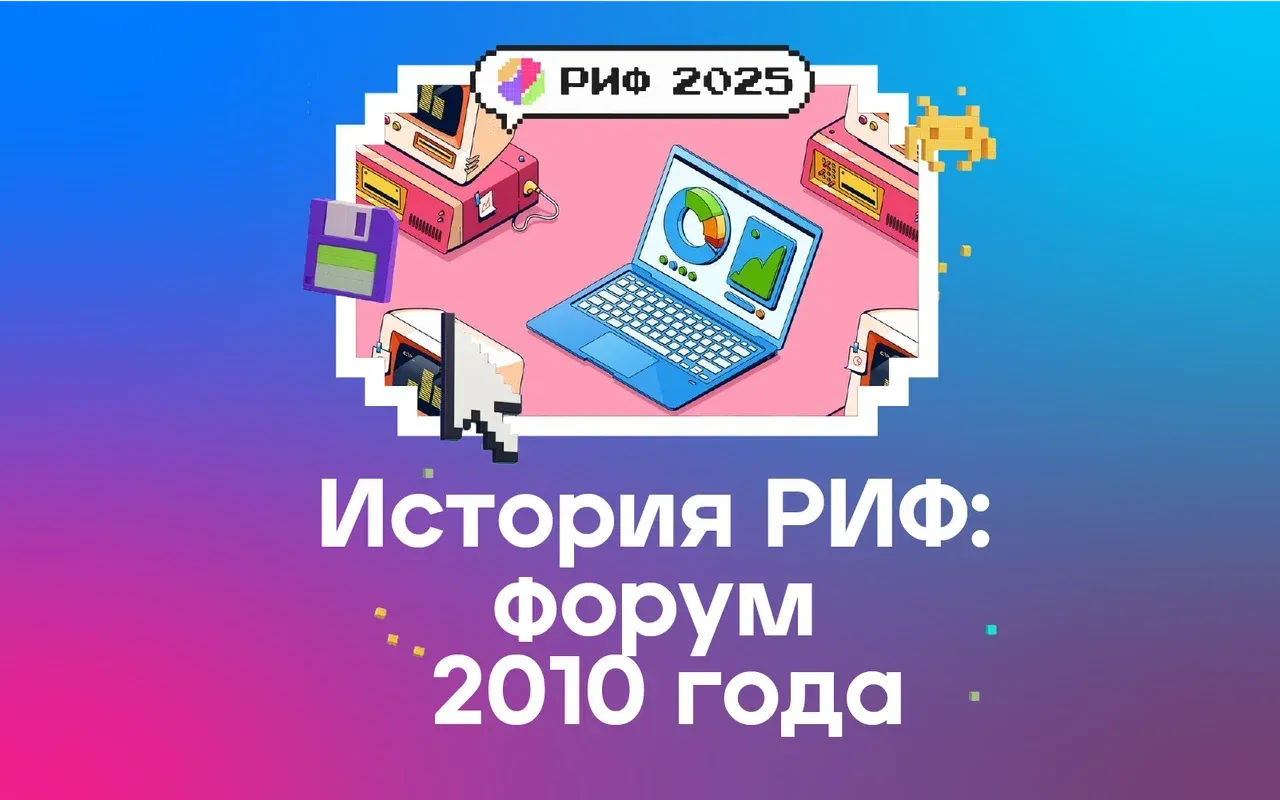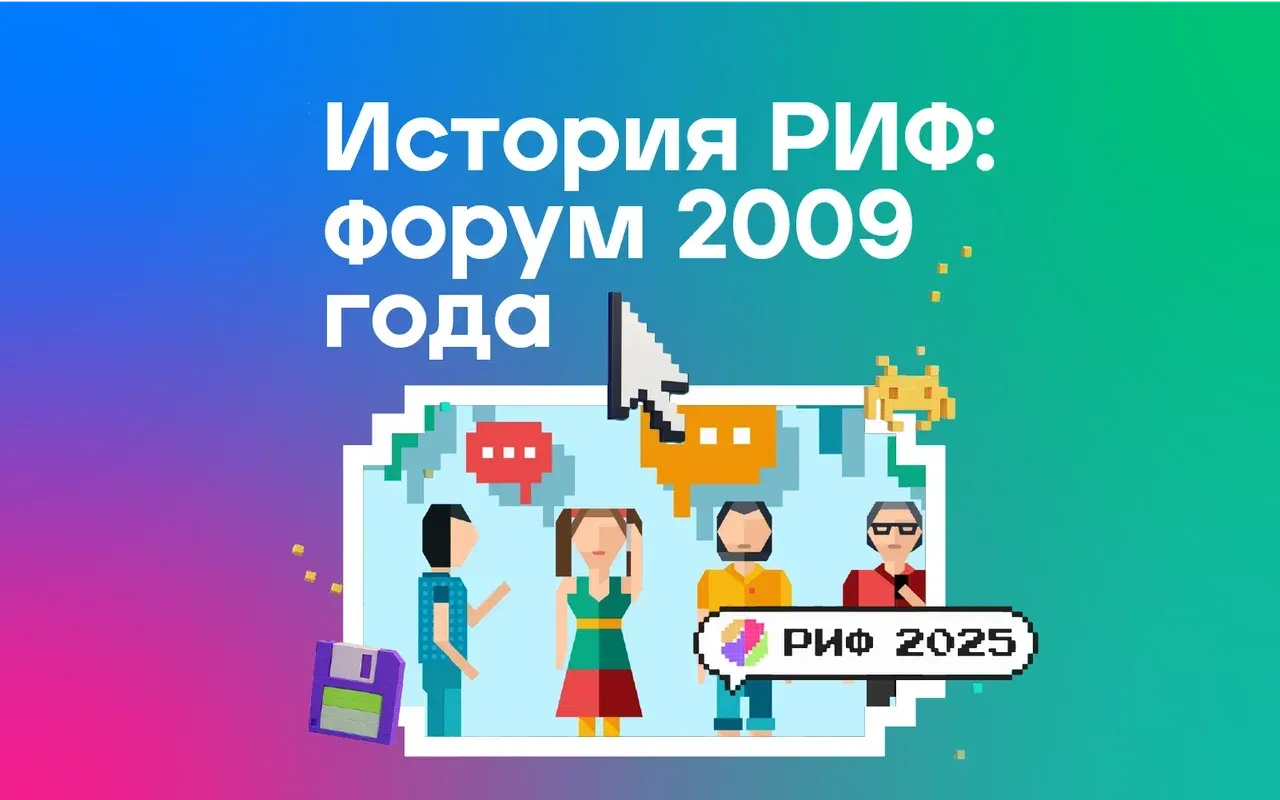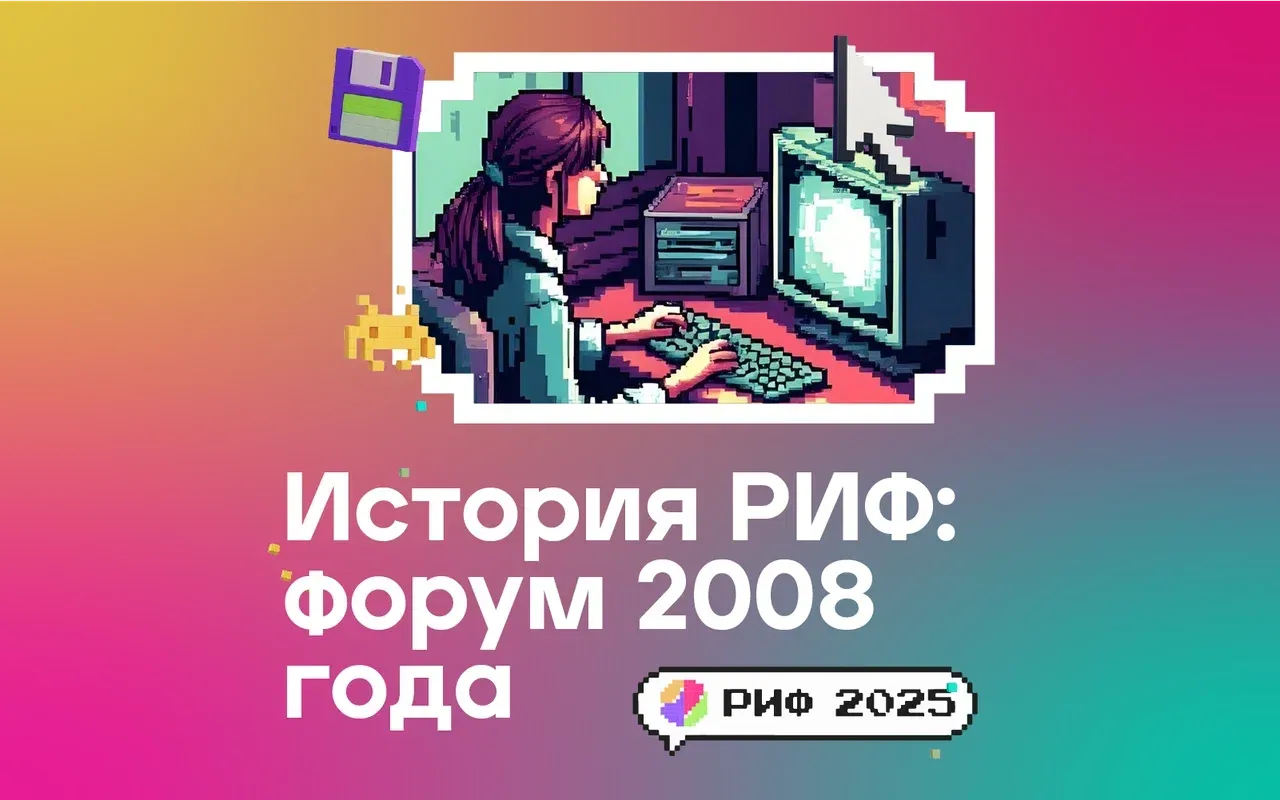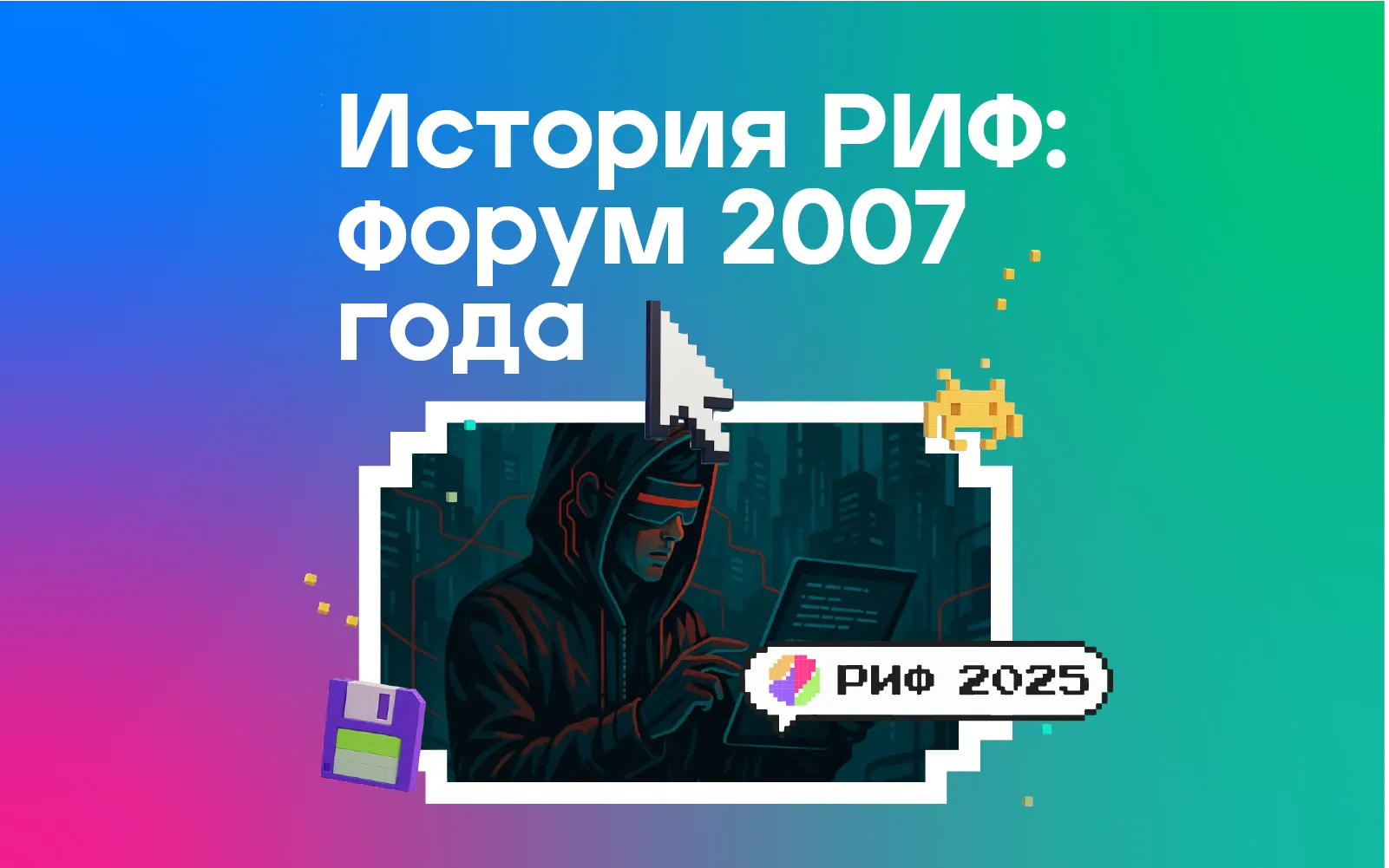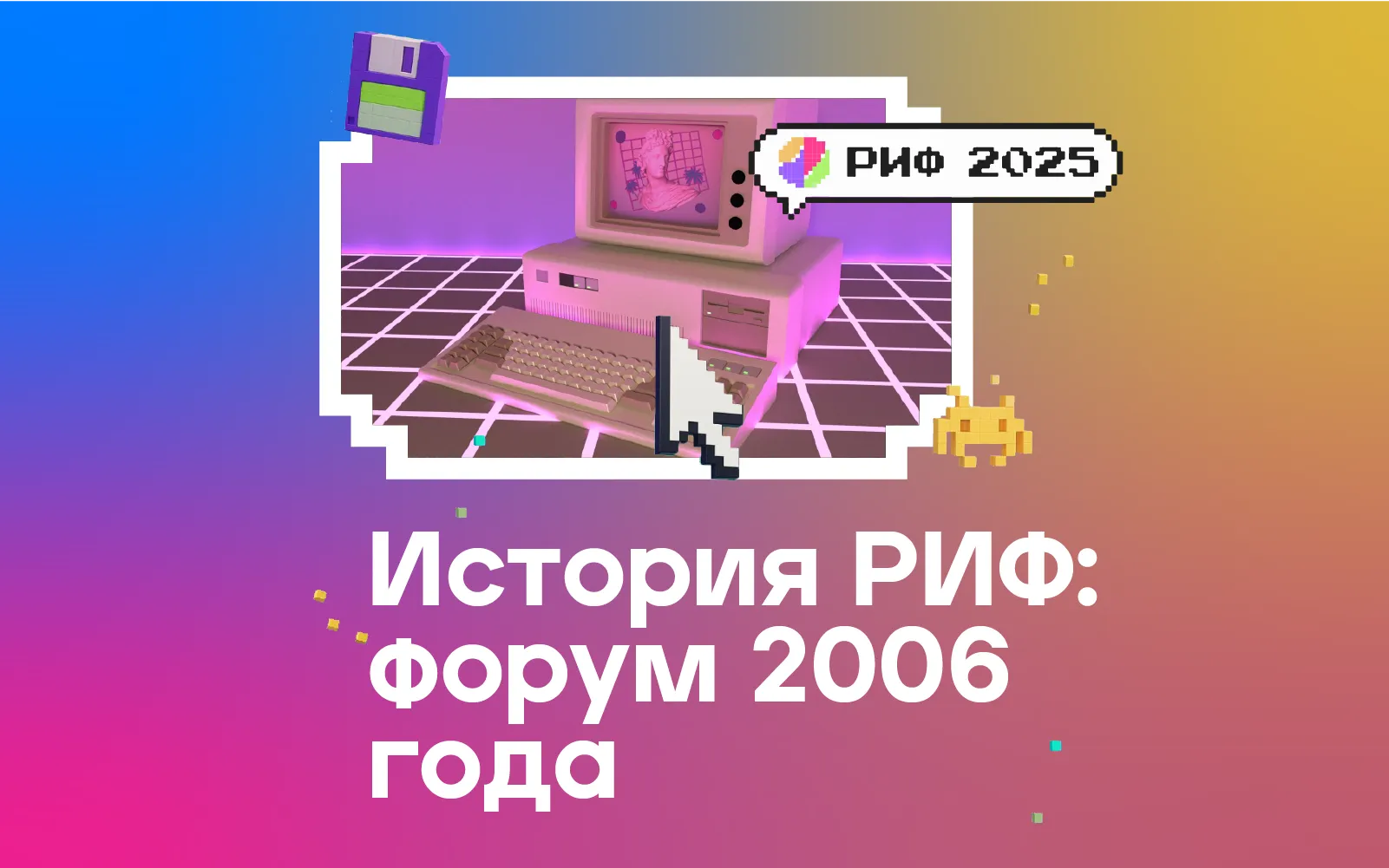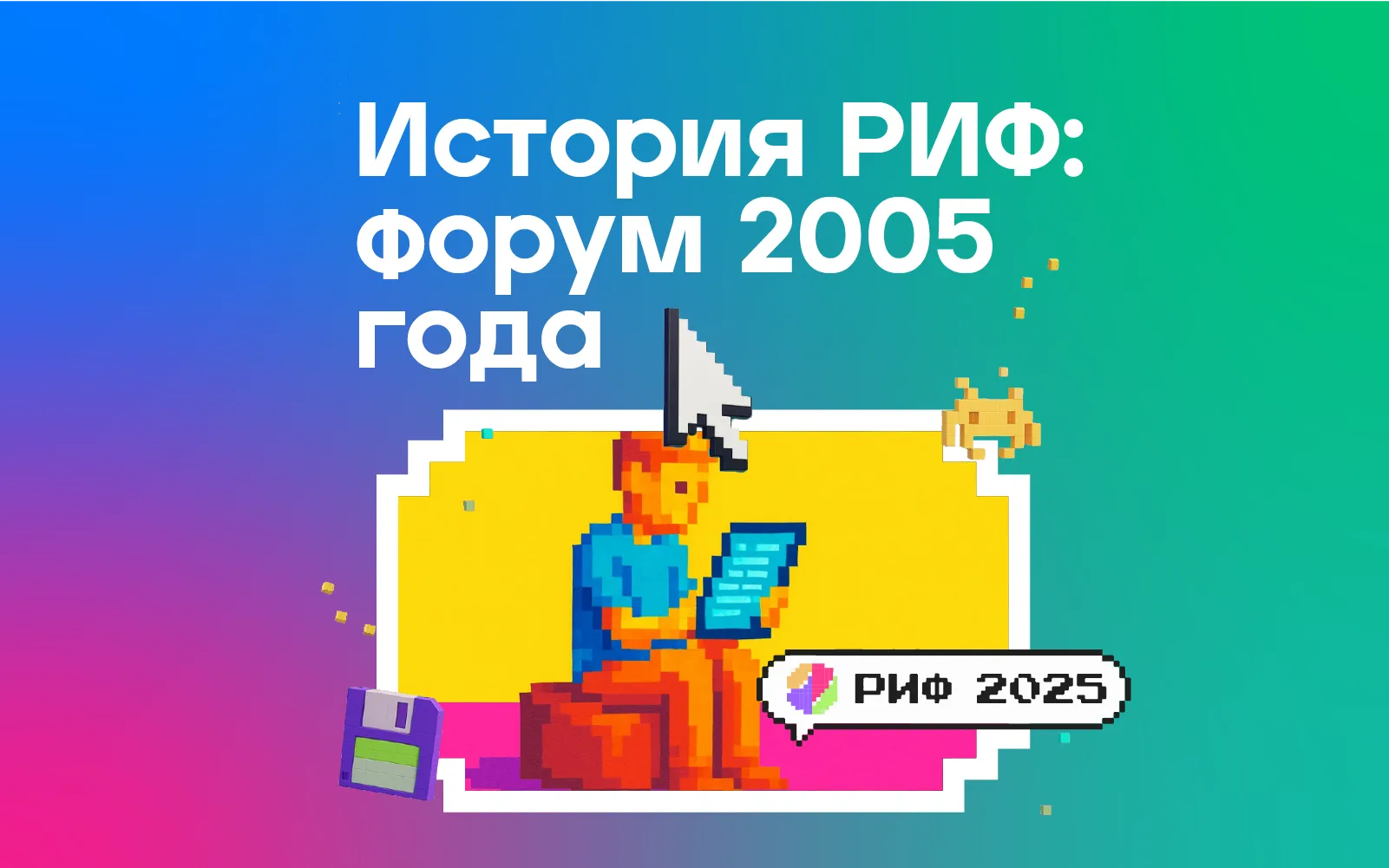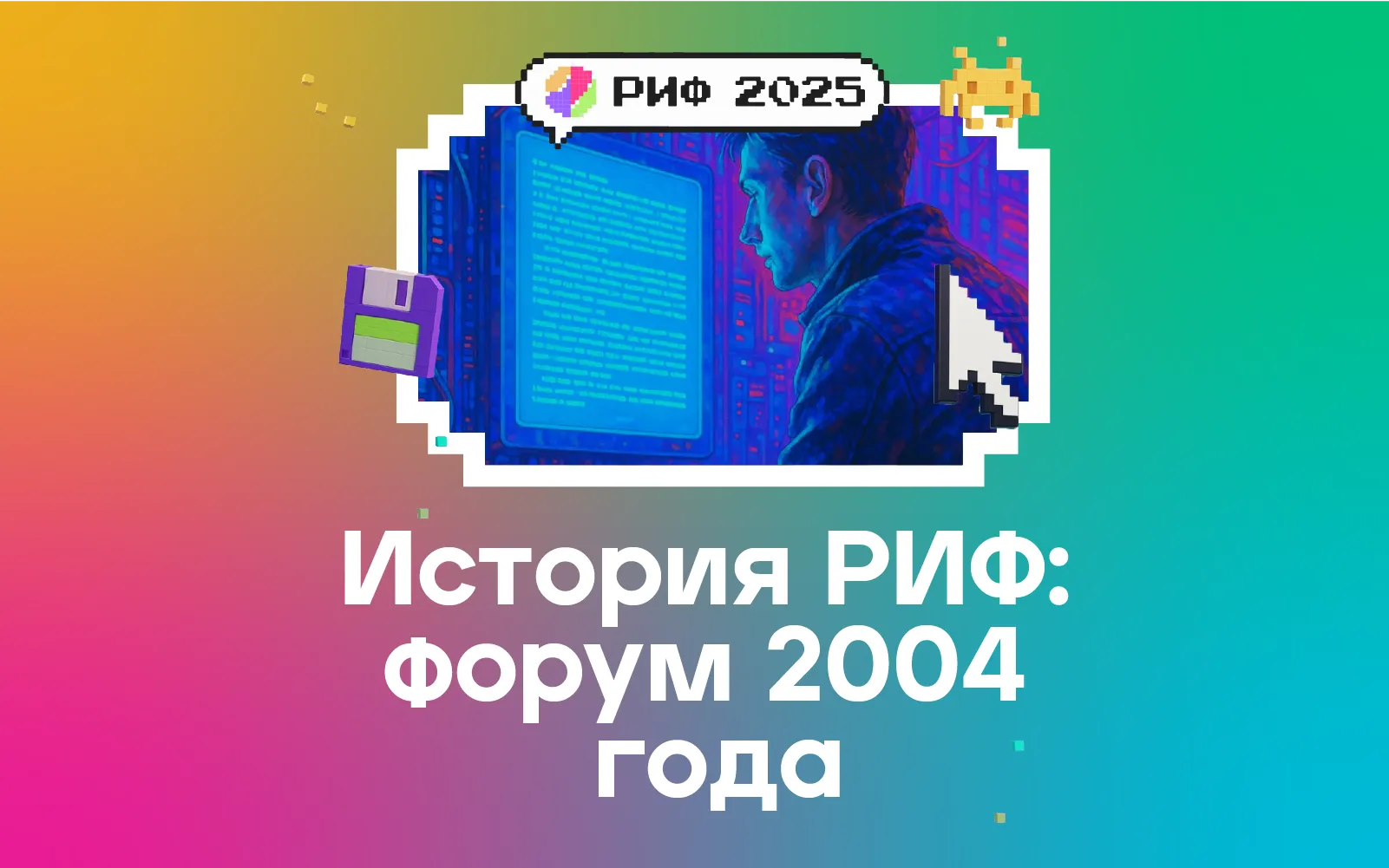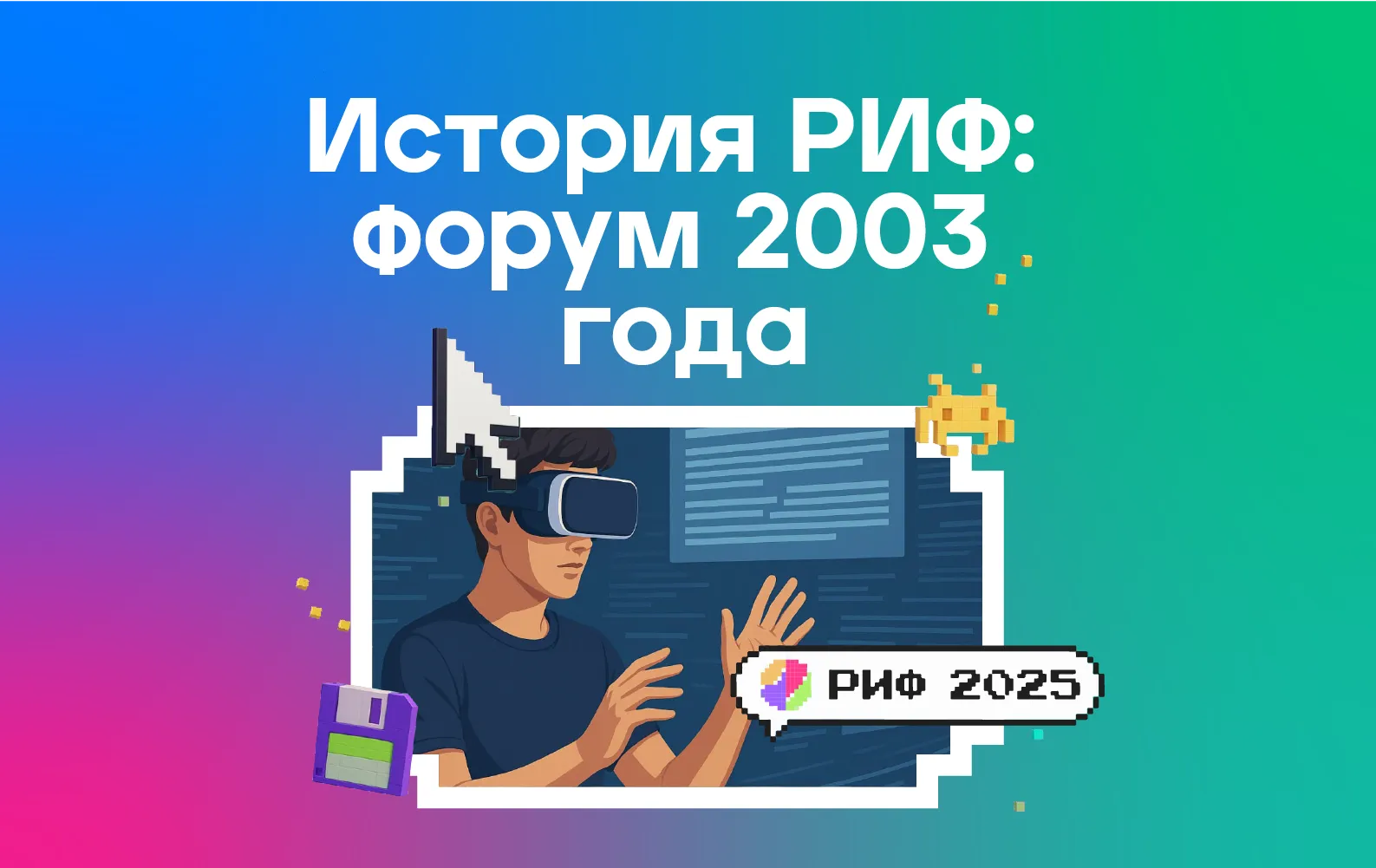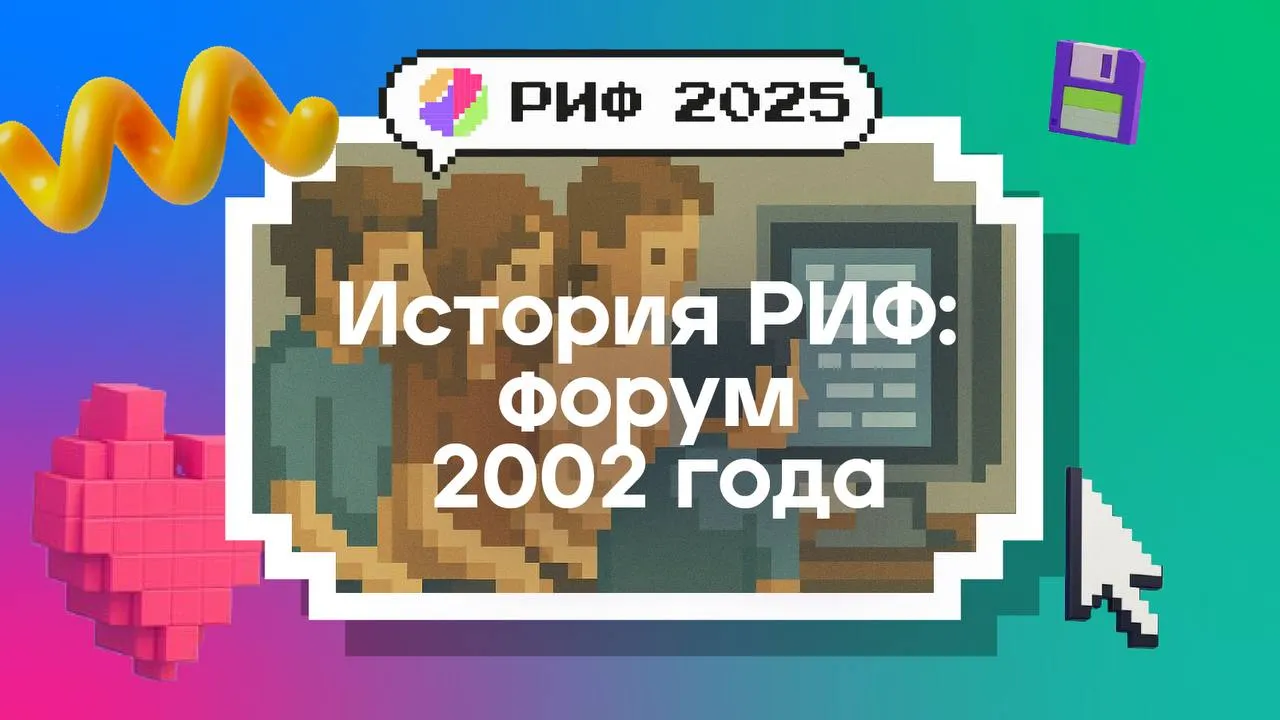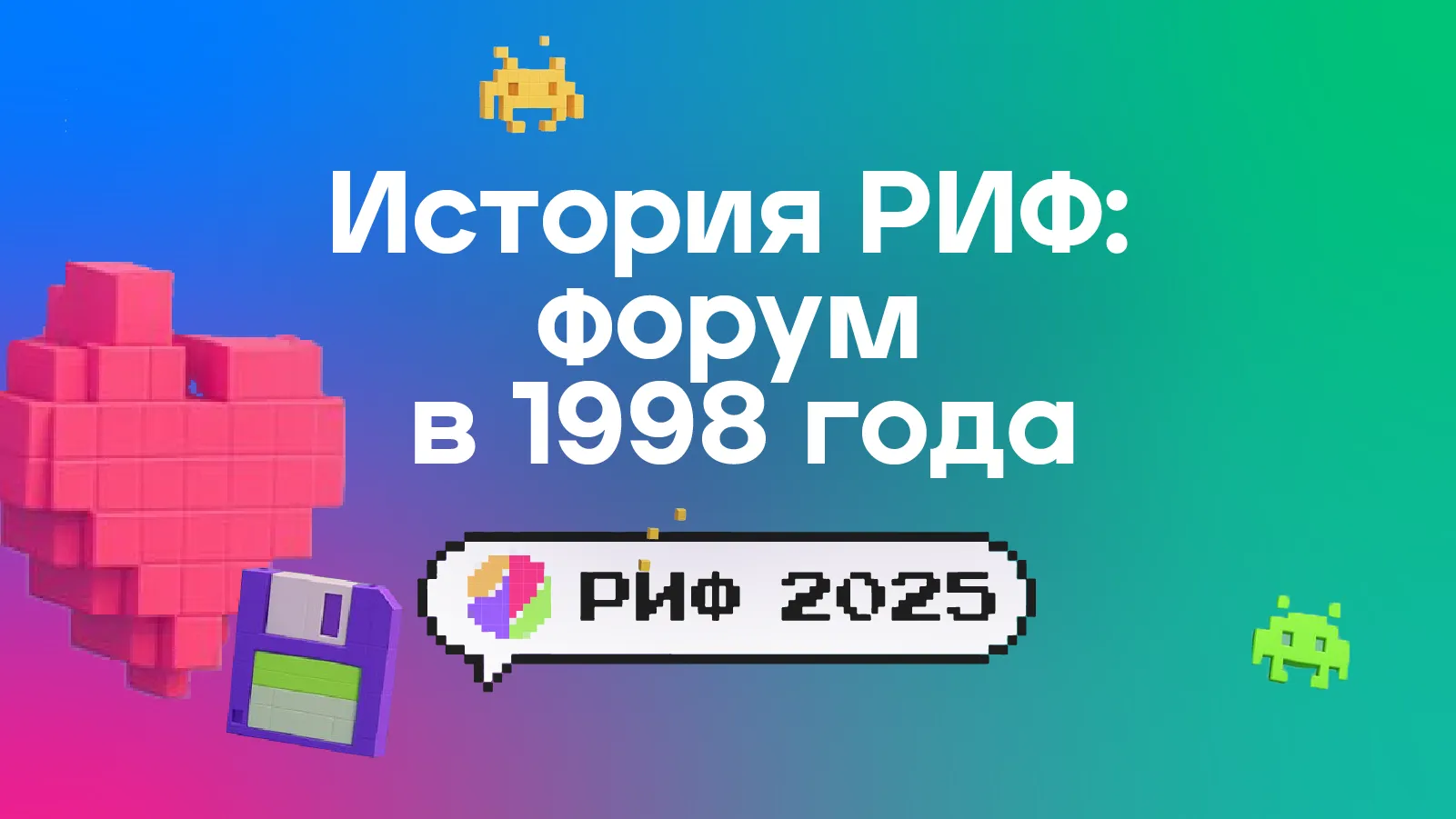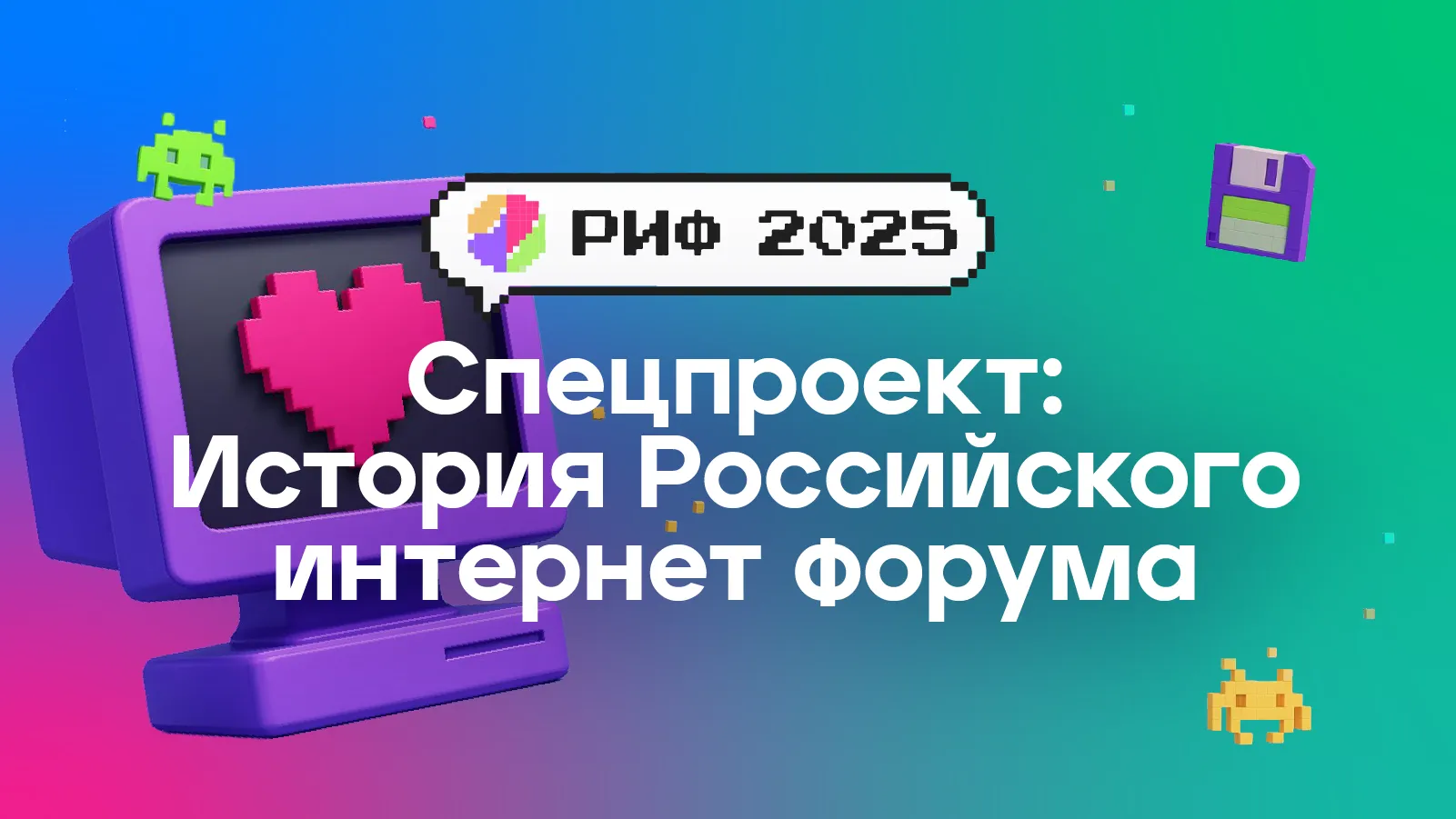RIF+KIB 2017: A Digital Spring Detox
Russia’s main spring digital event—a three-day offsite forum—drew 10,000 participants and featured 250 speakers. At the Lesnye Dali resort, attendees found not only a conference and exhibition but also a wave of extracurricular educational and entertainment events, perfectly tuned to the spirit of the times.
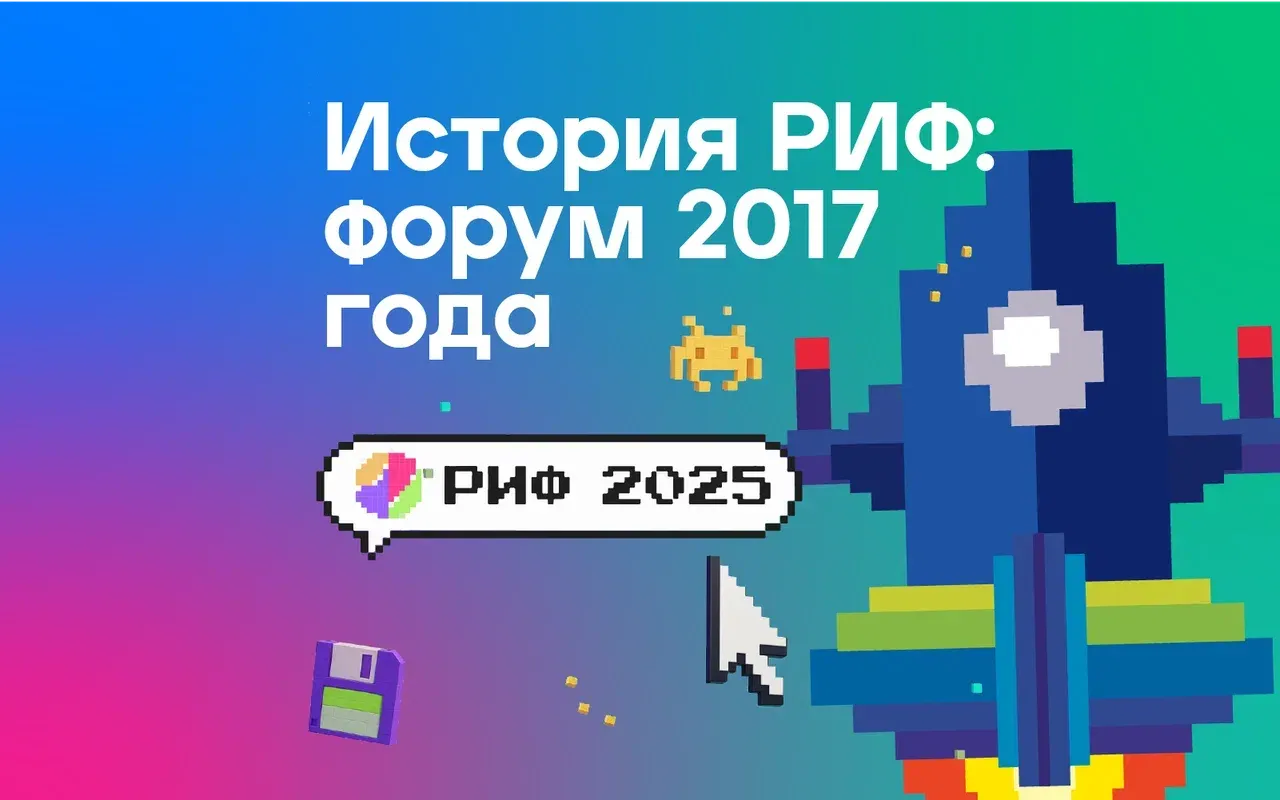
Two Openings, One Industry
RIF+KIB 2017 began unconventionally, with two official openings. The first, on April 19, brought together government officials; the second, on April 20, was led by business leaders of Runet, who delivered a detailed assessment of Russia’s digital economy and the year’s defining trends.
As usual, RAEC director Sergey Plugotarenko presented his much-anticipated analytics. This year, he highlighted markets where added value was created specifically through digital technologies—a step toward measuring the true scope of the digital economy.
For those eager to build careers in IT, the Buduguru conference offered open classes, lectures, and workshops. The message was clear: attracting ambitious young talent is central to Runet’s growth.
Media coverage reached a new level in 2017. A fully equipped press center streamed live throughout the three days. Rapid-fire interviews, on-the-spot commentaries, and quick takes from speakers spread widely across multiple platforms, ensuring the forum’s voice carried far beyond its walls.
Ideas, Sections, and Innovation
Over 100 sessions competed for attention. The 'E-commerce and Online Cash Registers: A New Era' track dissected regulatory changes facing digital retail.
UpStart, a new space for founders, investors, and mentors, turned into a bustling hub of idea exchange. Early-stage entrepreneurs pitched directly to potential backers, gaining critical exposure.
The year’s most popular topics reflected both business urgency and social responsibility:
- new advertising technologies
- neural networks in business
- e-commerce analytics
- user preferences and online behavior
- regulatory impact on industry development
- socially oriented internet—child safety, positive content, and online philanthropy
Innovation extended to the event format itself. RIF abandoned paper leaflets, replacing them with chip-enabled badges that stored all essential information and interacted with digital zones. A special project called 'RIF.Communications' helped newcomers network more easily with seasoned attendees.
The forum also turned child-friendly: a fully staffed playroom encouraged parents to bring their kids—another signal that digital culture belongs to all generations.
The State’s View: Building Infrastructure
Opening remarks came from Nikolai Nikiforov (Ministry of Communications), Leonid Levin (State Duma), and German Klimenko (Presidential Administration).
Nikiforov emphasized Russia’s position as the world’s runner-up—after Hong Kong—in lowest internet and mobile connectivity costs. 'We are building the internet,' he declared, framing the state as the largest investor in infrastructure growth.
By his numbers, the digital economy already contributed 2.8 % to Russia’s GDP, while internet-dependent markets accounted for 19 %. Runet’s workforce reached 2.5 million employees. Internet users exceeded 86 million, with more than half online daily. The fastest growth came from mobile, nearing 40 % penetration.
Speakers highlighted medicine as a sector ripe for disruption, where Big Data could transform diagnostics and patient care.
Wellness, Play, and Community
The mood of RIF 2017 showed a cultural shift. Gone were the days of relentless partying; in came wellness, supported by health-oriented apps and media.
Entertainment was serious business: from chess tournaments and simultaneous play sessions with junior world champion Mikhail Antipov, to bumper ball, bowling, and the now-traditional 'Spring IT Run' at 8 a.m. on day two.
Evenings, as always, were capped with legendary parties, partner discos, and live shows. The mix reflected the dual nature of Runet culture—deeply analytical by day, vibrantly social by night.
Challenges of the Digital Economy
RIF also faced head-on the industry’s long-standing pain points: data and infrastructure security, privacy breaches, information pollution, algorithmic transparency, legal reforms, talent shortages, and the risk of 'digital feudalism.'
Analysts sketched two possible futures. The first: a fully integrated digital economy plugged into global systems. The second: conservative growth in select sectors only.
Participants expressed a common vision: smart cities, autonomous transport, targeted yet unobtrusive advertising, cybersecurity, and genuine respect for personal data.
The consensus was striking: regulation should not stifle innovation but act surgically—punishing real harm while allowing models to evolve. In this vision, Runet must be treated as a national asset, vital for both economic growth and cultural resilience.



